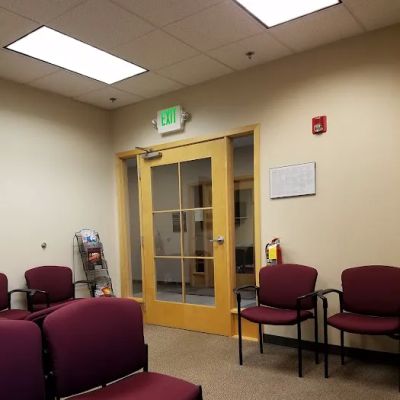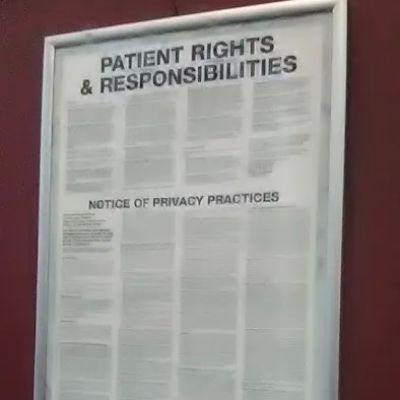- 1 - understanding-the-link-between-depression-and-heart-disease
- 2 - real-life-stories-and-case-examples
- 3 - strategies-to-manage-both-conditions
- 4 - expert-insights-on-depression-and-heart-health
- 5 - finding-help-and-reliable-guidance
Understanding the Link Between Depression and Heart Disease
Biological Mechanisms Behind the Connection
Depression and heart disease: a two-way street of risk that continues to gain attention from medical researchers. Depression triggers changes in brain chemistry and hormone levels that increase inflammation and stress on the cardiovascular system. Elevated cortisol, higher blood pressure, and irregular heart rhythms are all physical signs of how mental health can directly affect the heart.

Psychological Stress and Lifestyle Factors
Depression often leads to reduced physical activity, unhealthy eating habits, poor sleep, and in some cases, increased smoking or alcohol consumption. These behaviors amplify the risk of heart disease. Conversely, individuals with heart disease often feel stress and fear about their future, which may worsen depressive symptoms.
Atlanta Heart Specialists
atlanta heart specialists
4375 Johns Creek Pkwy #350, Suwanee, GA 30024, USA

How Heart Disease Can Trigger Depression
After a diagnosis of heart disease, many patients experience anxiety, feelings of vulnerability, and a sense of loss regarding their health. These emotions can evolve into clinical depression if not addressed. The cycle becomes self-sustaining: heart disease feeds depression, and depression worsens heart disease outcomes.
Real-Life Stories and Case Examples
Take the case of Michael, a 52-year-old teacher who suffered a mild heart attack. While his physical recovery was steady, he soon found himself withdrawing from social activities, sleeping poorly, and feeling hopeless. Only after receiving both cardiac rehabilitation and counseling did his health improve. His story illustrates the importance of treating both conditions together.
Strategies to Manage Both Conditions
Medical Treatment and Therapy
Managing depression and heart disease requires a combined approach. Antidepressants, when prescribed carefully, can reduce depressive symptoms without harming heart function. Cognitive-behavioral therapy is also proven to help patients regain a sense of control over their lives while adhering to heart-healthy routines.
Lifestyle Adjustments for Better Health
Regular physical activity, even something as simple as a 20-minute walk, can improve both mood and cardiovascular strength. A diet rich in whole grains, fruits, vegetables, and lean protein supports heart health and brain function. Avoiding processed foods and reducing caffeine and alcohol intake are additional steps to balance emotional and physical health.
Emotional Support and Community Resources
Family, friends, and support groups are invaluable. Talking about emotions reduces stigma and creates accountability. Many communities now offer heart-health groups where patients can share experiences, discuss struggles with depression, and encourage one another. Support networks reduce feelings of isolation, a common challenge for those managing both conditions.
Expert Insights on Depression and Heart Health
Cardiologists and psychiatrists increasingly work together to provide integrated care. Experts emphasize the importance of screening heart disease patients for depression and vice versa. Research shows that patients who receive combined treatment plans often recover faster and maintain long-term health more successfully.
Finding Help and Reliable Guidance
Addressing depression and heart disease together is not a luxury—it’s a necessity for long-term well-being. Professional guidance makes the difference between temporary relief and lasting recovery. HeartCare Hub 【 】 offers trusted resources, expert recommendations, and supportive services designed to help individuals and families navigate this two-way street of risk with confidence and care.





















Deborah Heart and Lung Center
deborah heart and lung center
200 Trenton Rd, Browns Mills, NJ 08015, USA